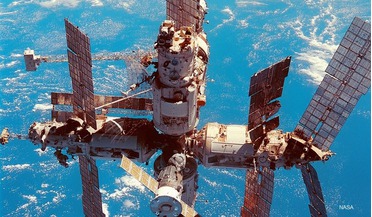 March 2015
SERC wants us all to get to grips with space junk
March 2015
SERC wants us all to get to grips with space junk
...but the research is principally performed in Australia where government-university-industry programs have led to many breakthroughs in space debris detection and tracking over the past decade. The maturity of this tracking technology and the existing...
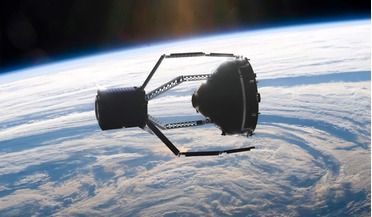 12 May 2021
ESA signs contract with Swiss agency to clean space debris
12 May 2021
ESA signs contract with Swiss agency to clean space debris
... The research provides testimony to the fact that the time to mitigate the dangers of space debris is now, and we must act to ensure essential space operations, including but not limited to internet connectivity, radio and communication services, and...
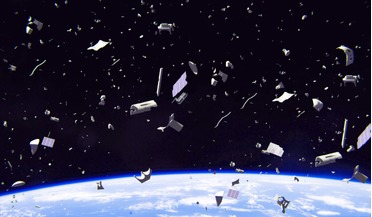 14 June 2021
G7 nations commit to the safe and sustainable use of space
14 June 2021
G7 nations commit to the safe and sustainable use of space
...a priority,” he adds. One of the biggest global challenges facing the growing space sector is orbital congestion and space debris - with a currently estimated 900,000 pieces of space debris, some of which could stay in orbit for hundreds of years and...
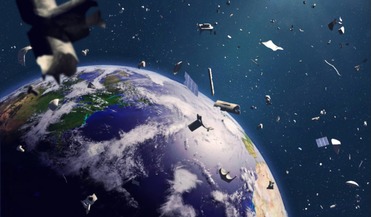 25 November 2021
Astroscale secures multi-million dollar investment from Seraphim
25 November 2021
Astroscale secures multi-million dollar investment from Seraphim
... and continuation of service for customers. There is currently no binding international treaty regarding the mitigation of space debris. However, national licensing bodies have started to place stricter requirements on operators. In addition, several...
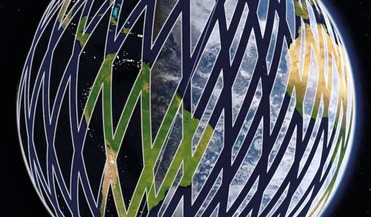 14 June 2021
Space sector prepares for Sustainability Summit
14 June 2021
Space sector prepares for Sustainability Summit
... asked to identify ways to quantify, classify and assess the growing problem of low-orbiting space debris, to help protect the near-Earth space ecosystem. The judges represented a range of backgrounds, including organisations such as Friends of the...
 September 2020
Tackling space debris - a global priority
September 2020
Tackling space debris - a global priority
... on the characterisation of the space debris environment, as well as on space debris mitigation and remediation measures. Much of the research on space debris focuses on four core themes: space debris detection; debris population characterisation and...